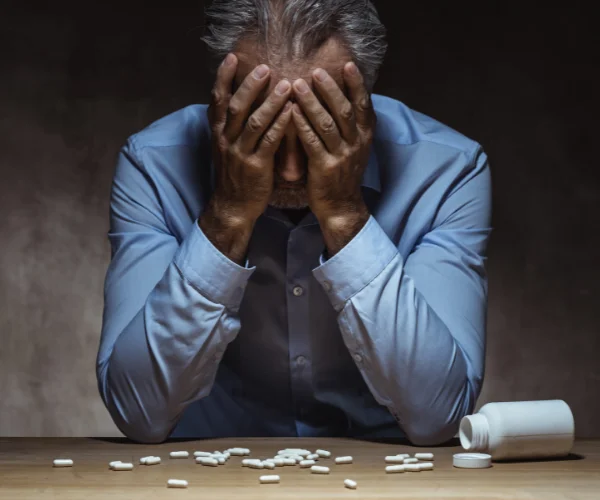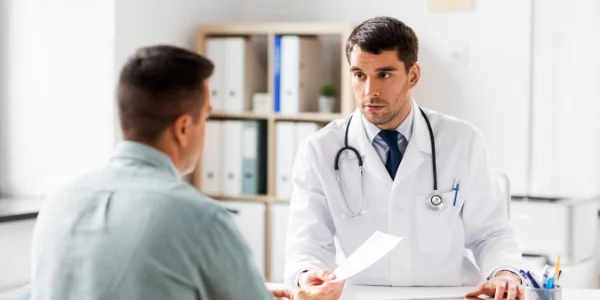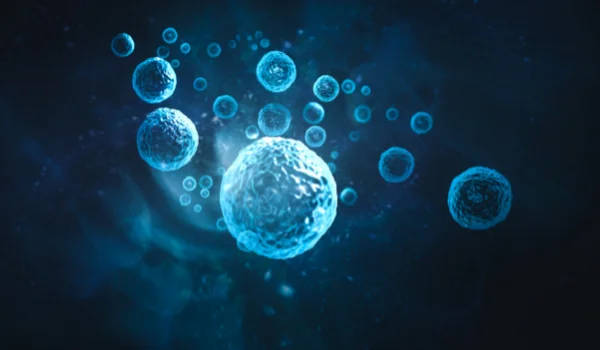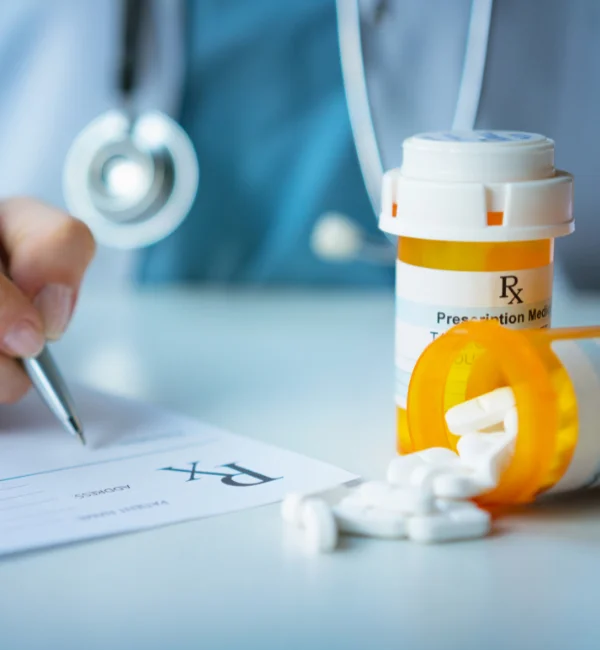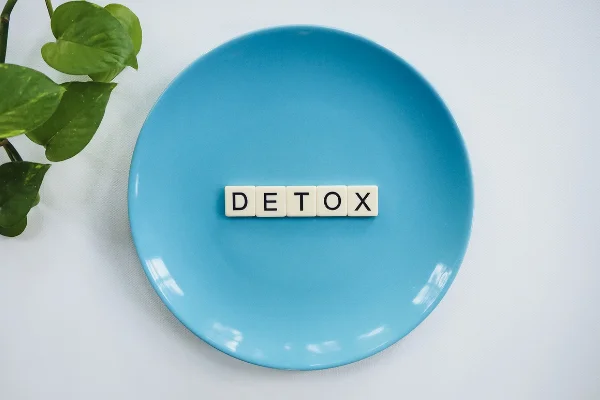
Drug Detox Safely & Comfortably
The Perry Clayman Project specialises in providing detox to people that are addicted to drugs and alcohol. We have multiple private drug detox clinics across the UK, providing Care Quality Commission (CQC) and Health Inspectorate Wales (HIW) registered and regulated services.
Facing the prospect of detoxing from drugs is scary, but when done in the right setting and with the right people around to support and assist you, it is in most cases, not as bad as people initially think. Our medical staff follow strict NICE guidelines and the British National Formulary (BNF) , to ensure that prescribing meets the needs of our patients. We have staff working around the clock to provide 24 hour observation, support and monitoring to ensure that no-one suffers any untoward withdrawal symptoms – our standards are exceptionally high and our detox programs have a great success rate.
A drug detox, whilst a major step in arresting active addiction, needs to be immediately followed by a comprehensive rehabilitation programme, in order that recovery can be maintained and relapse prevented.

